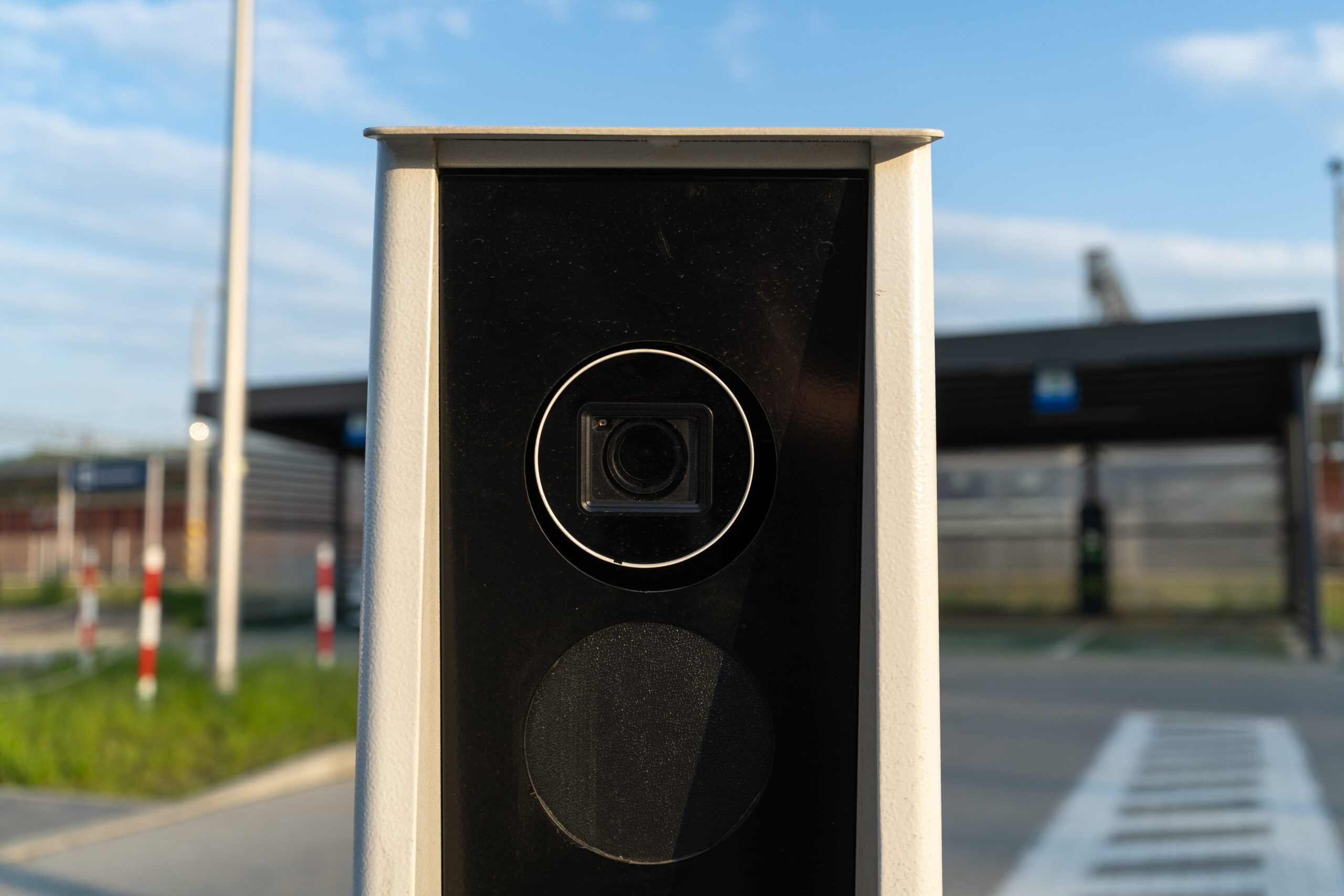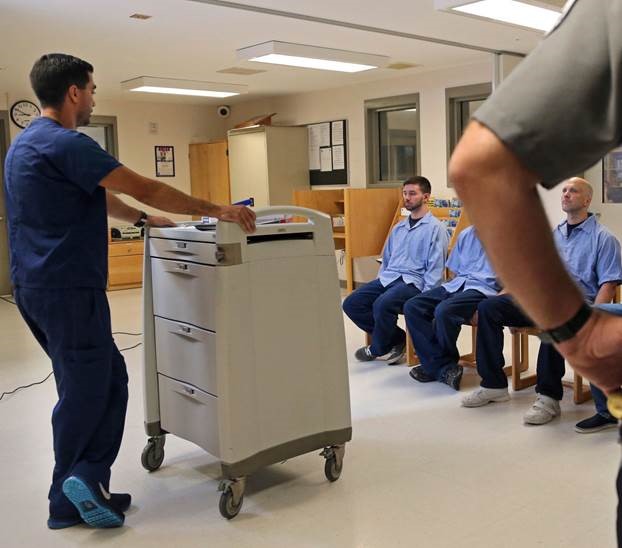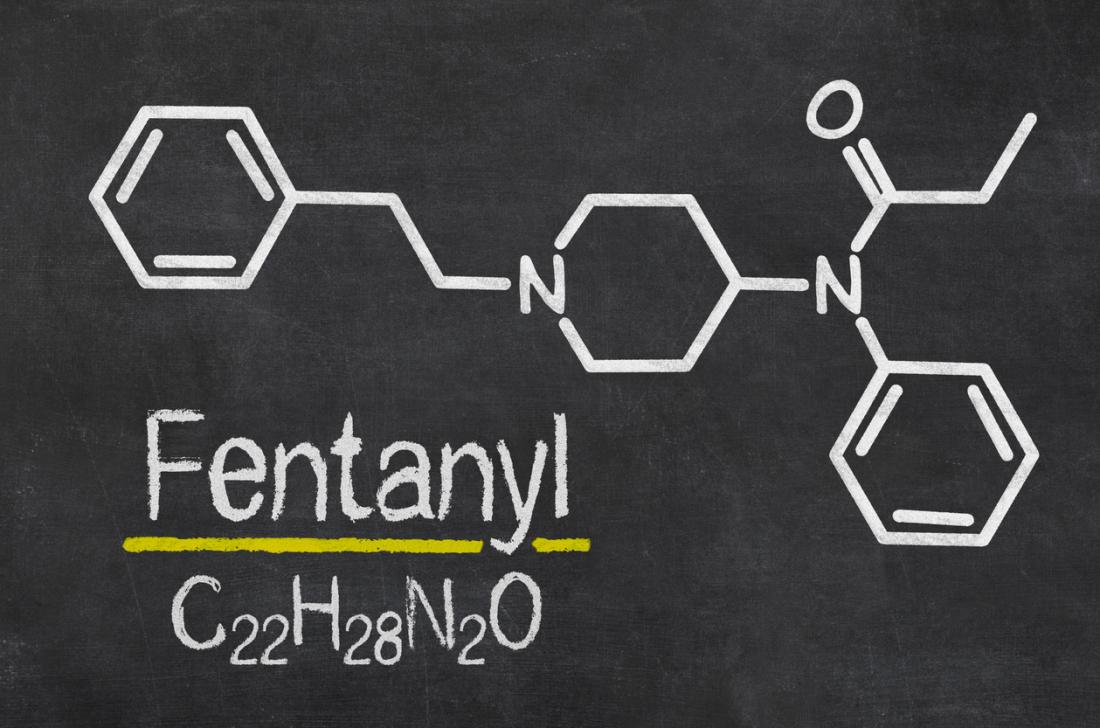Automatic License Plate Recognition Systems
Automatic license plate recognition systems (ALPRs) are camera systems that capture license plate data of vehicles and are available in fixed, mobile, and portable applications. ALPR systems automatically capture images or videos of all vehicles that pass the camera if the system algorithm detects what it determines to be a license plate. A computer algorithm then converts the image or video into readable-data, that includes the license plate number and any additional information that the system is set up to detect. This data can then be used by law enforcement for a variety of investigative purposes....











